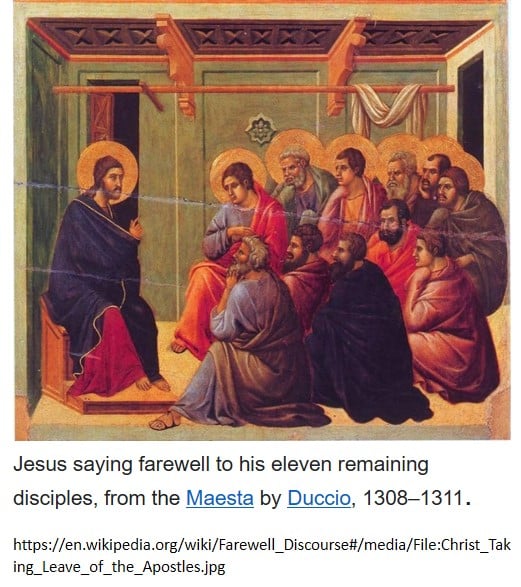
Jn 17:3 And this is eternal life, that they may know You, the only true God, and Jesus Christ whom You have sent.
How can I know I am saved? What is the connection between knowing, faith and believing?
The secular effort to find meaning for life apart from Christianity has proven problematic. The hope and anticipation was that a combination of rational reflection and scientific methodology would provide a certain foundation for knowing. Knowing what was true would eliminate the need for faith since we could be certain and have true knowledge. Modernity hoped that secular approaches studying the world and our rational thought could lead us to finding meaning, purpose, certainty and truth. As modern thought applied the same judgements to science and philosophy that had been applied to Christianity, the project of a secular approach failed. In fact, once the foundational ideas that were derivative from Christianity were discarded, nothing was certain, not even our own existence. Post-modern thought is trying to grapple with the failure to find value or truth in rationality and science.
Epistemology in philosophy has proposed that knowing for us is possible. In fact, philosophy cannot prove we know but it has become a properly basic belief that is used to do philosophy and assumed to be true. Knowledge is commonly identified in philosophy as justified true belief. As human beings, limited in time, space and perception and fallible, capable of error, all of our knowledge is our belief that something we “know” is true. But if we could know it was true, knowing would be having truth. The qualifications in justified true belief is that if something I think I know turns out to be false, I was mistaken and it was not knowledge. If I have a guess that is based on hope and it turns out to be true, it is a guess, not knowledge. Justification has been questioned as the best criteria and an alternative from reformed epistemology proposed knowledge as warranted true belief. In either case, warranted or justified, our knowing is a belief that we hold subjectively to be true. (
What if instead of considering knowledge as belief, we recognize that faith and believing is about what we know to be true? Faith in Christ then is more than a trust in Jesus or a hope for salvation but our core understanding that the gospel of the kingdom is true. That Jesus is the Lord. That we are created to serve. That faith is what we know to be true.
If I drop a rock will it fall to the ground? Yes, I know the rock will fall. Is Jesus the Son of God and my Savior? Yes, I know He is.
How does this understanding of faith and belief square with Scripture? Is faith and belief knowing the truth?
Jn 14:6 Jesus said to him, “I am the way, and the truth, and the life; no one comes to the Father except through Me.
The post-modern inability to have certain or true knowledge is our modern problematic, the source of anxiety and fear. We want, need, to know. Post-modern culture is grappling not only with our inability to know truly, it also must deal with the reality that there is likely nothing to know. If we are a cosmic random event, then our perception of knowing is just an aberrant survival strategy that results in us having progeny that passes on our DNA coded to seek truth as a way to find food and have children. But we seek meaning, purpose and security.
As creatures made in God’s image, these are fundamental aspects of our nature, given to us by God in creation as made in His image and satisfied in our love for and service to Him. Jesus restores us as lost children. He is the way, the truth and the life.
Ge 15:6 Then he believed in the Lord; and He credited it to him as righteousness.
This verse from Genesis is used in the Greek Scriptures and is paradigmatic. It gives the model of the faith we have that restores us as God’s children. What is Abram’s belief? Abraham knew that God would give him a son.
Heb 11 Now faith is the certainty of things hoped for, a proof of things not seen. 2 For by it the people of old gained approval. 3 By faith we understand that the world has been created by the word of God so that what is seen has not been made out of things that are visible.
By faith, we know the world was created by the word of God. The heart of our Christian faith is not a hope, a choice, a trust, but the certain knowing that our God and Jesus are true–that the Bible is not a book only of religious instruction but the truth about the nature and meaning of reality itself. We study and meditate and struggle to understand the Scriptures, God’s story, to know who we are and what is true.
We need to accept, decide, choose to follow Christ. We hope in a future not yet seen. But the core of the gospel, the meaning of repentance, is to abandon our efforts of knowing good and evil apart from God and in Christ, to know the only true God and Jesus Christ.
